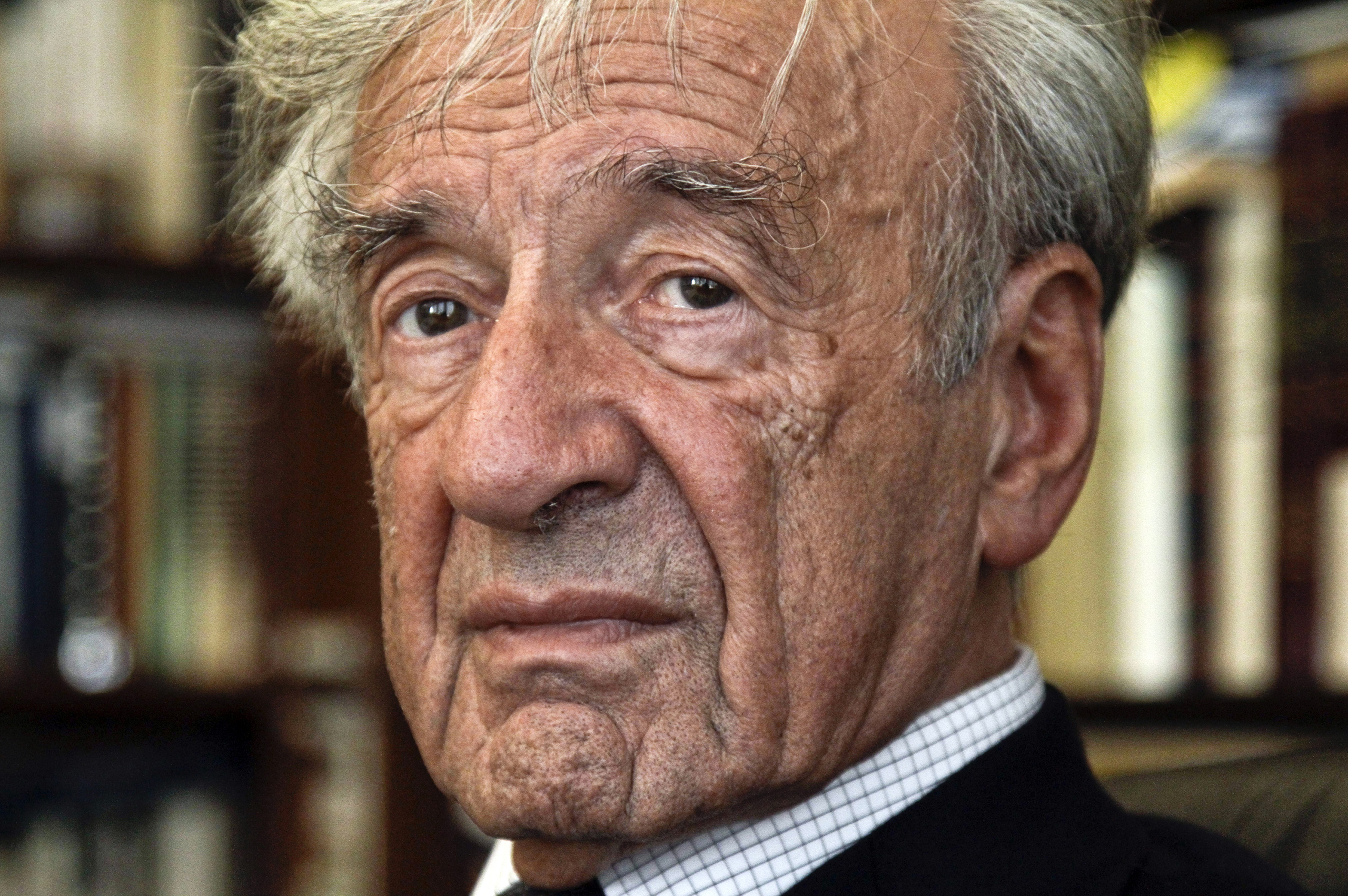Have you read Elie Weisel's Night? If you have not, please take a moment to find it and read it. Carefully. It's the 1986 Nobel Peace Prize winner's memoir of his time at Auschwitz. Although I find many of its passages singularly disturbing, perhaps one of the most painful is one that describes Weisel's reaction to the hanging of a fifteen year old Dutch boy who had been caught collaborating with the Resistance.
Before the entire camp, the German overlords of Auschwitz hanged this unfortunate young man. Everyone had to watch. As he did so, Weisel recounts hearing one of the onlookers say, "Where is God? Where is He?" Then, Weisel remembers, "For more than half an hour the child stayed there struggling between life and death, dying in slow agony under our eyes. And we had to look him full in the face . . . Behind me I heard the same man asking, 'Where is God now?' And I heard a voice within me answer him, 'Where is He? Here He is--He is hanging here on this gallows.'"

Weisel's account might push some us of faith to the very brink of that faith. If God is hanging on the gallows, of what use can he possibly be to us? What is God really doing?
Such questions I cannot answer easily. In this existence, absolute clarity will always elude us. Faith is difficult. Later in his life, Weisel wrote his autobiography. He titled it All the Rivers Run into the Sea (drawn from a verse in the first chapter of Ecclesiastes). I believe this captures our struggle well. Maybe God seems to make little sense in this situation. Absent him, however, there's no sense at all: our lives are simply running into an endless sea.
No comments:
Post a Comment